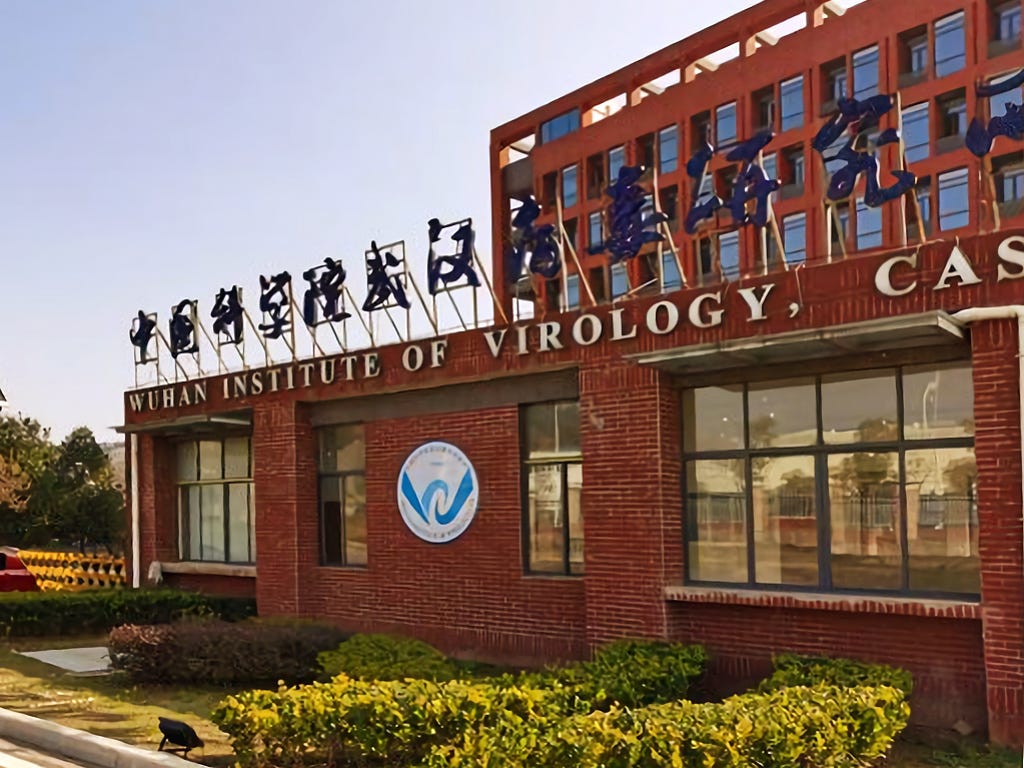The (Lab) Leak
Can we learn the lessons of the Brookhaven tritium leak before the next crisis strikes?
Credit: Ureem2805 CC by SA 4.0
Last week I reviewed The Leak, a book about the aftermath of a seemingly innocuous tritium leak at Brookhaven National Labs in the 90s. While I disagree with authors’ interpretation of the turn of events, the book nevertheless offers an insightful insider’s view of what it is like to deal with a very angry public. The most important lesson of the Brookhaven leak: Do everything possible to keep the public’s confidence. And if you lose it, be humble enough to own up to your mistakes.
I was reminded of that lesson while reading Roger Pielke Jr.’s July 2nd post at The Honest Broker. Roger dissects “Covidgate,” a set of recently released emails showing that Fauci and other public health and federal government officials conspired to “manage” the public’s opinion about the source of COVID-19. Put simply, they wanted the “lab leak” theory to die a quick death.
You can read more about it at Roger’s Substack, but the gist is that Fauci et al. themselves found the lab leak scenario plausible but sought to quash it out of fear that it would “do unnecessary harm to science in general and science in China in particular.” They may have knowingly shepherded a paper through the journal Nature’s publication process, which concluded that a lab leak was scientifically implausible despite their own personal beliefs to the contrary. This paper was used over the last few years to get anyone who raised the possibility of a lab leak labeled an anti-science conspiracy theorist.
I know very little about the biology of viruses, so I can’t comment on research behind the debate. But I do know what this could do to public trust in science. If it is the case that COVID was accidently leaked from a Wuhan laboratory that was doing gain of function research involving coronaviruses, scientists will come off as not having their acts together. But the fact that public health officials worked to prevent an open public examination of that possibility will signal far more than just negligence or incompetence. Citizens will see it as corruption.
Public health in America is already leaking public trust by the bucketful. If both the lab leak theory and the Covidgate accusations are true, will Anthony Fauci, former NIH head Francis Collins, and others involved be humble enough to admit their mistake? If not, I fear we are in for a repeat of what happened in Brookhaven, but this time at a national scale and involving the country’s entire public health system. It will be a race against time to reestablish public confidence before the next pandemic strikes. I shudder at the possibility.


